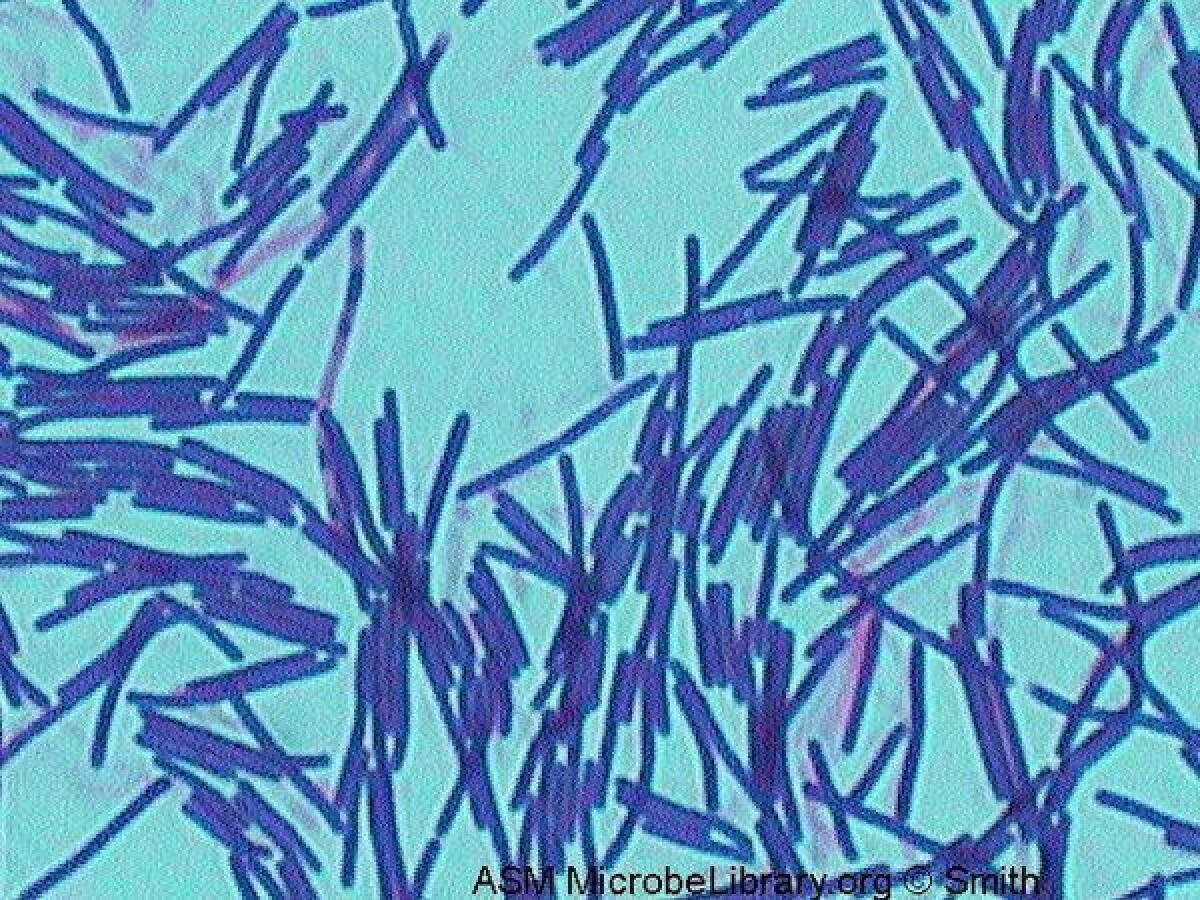Gender differences in autoimmune diseases: Blame them on bacteria?

Why are women more prone to autoimmune diseases like lupus, multiple sclerosis and rheumatoid arthritis? A new study in mice points to a possible contributor: different types of bacteria that populate our guts.
It goes like this: Different mixes of bacteria reside in the innards of male and female mice. Those bacteria, in turn, affect the chemistry of the animals’ bodies -- and, it appears, their risk of autoimmunity.
The study, just published in Science, was done by Janet Markle of the Hospital for Sick Children Research Institute, Toronto, and colleagues. It’s a little complicated, with players that include sex hormones, fatty chemicals, immune cells and a whole host of microscopic life forms.
The subject of the study was a type of mouse known as a NOD mouse, which stands for “non-obese diabetic.” These mice spontaneously develop Type 1 diabetes when the insulin-making cells of the pancreas are destroyed by the mouse’s own immune system, and female NOD mice develop diabetes twice as often as male NOD mice do. The scientists chose these mice to study because they display just the kind of sex bias in an autoimmune disease that one sees so often in people (though it’s a little different too: In people, Type 1 diabetes doesn’t display a sex difference).
The authors did a series of experiments that involved rearing mice in sterile or non-sterile environments, swapping gut contents back and forth between mice of different genders, and more besides. And they found:
--Without any gut bacteria, there’s no male-female difference in getting Type 1 diabetes. That implies the gut bacteria have something to do with the protection that male mice have.
--Male and female mice grow up to have different populations of bacteria living within them.
--These gut bacteria cause altered blood levels of the sex hormone testosterone as well as the amounts and types of certain fatty chemicals in male and female mouse blood. In other words, they can truly affect the biochemistry of the body in ways that depend on the animal’s sex.
--The protection in males against developing diabetes seems to depend on testosterone levels going up in response to their microscopic gut tenants.
--Here’s a key experiment: When bacteria from male mice are transferred over to female mice, the females become protected against the development of diabetes.
With each passing day, it’s becoming clearer that the 100 trillion bacteria, fungi, protozoa and viruses inside us do a lot more than just bulk out the stool and digest bits and pieces of food for us. They can profoundly influence how healthy we are -- and many scientists believe that tinkering with microbes that dwell in us could one day become mainstream therapies that are far more robust, and go far beyond, the promises that makers of probiotic yogurt proffer in their ads.
Just this week, my colleague Monte Morin described a study that found transplanting fecal matter from healthy people to those with life-threatening infections of antibiotic-resistant forms of the bacterium Clostridium difficile were highly effective as treatments. As antibiotic resistance grows –and it is growing fast – maybe remedies like this will become more and more important.
But future therapies could go way beyond that—to either helping prevent or treat conditions such as obesity, Crohn’s, colitis, asthma, heart disease, arthritis and more.



